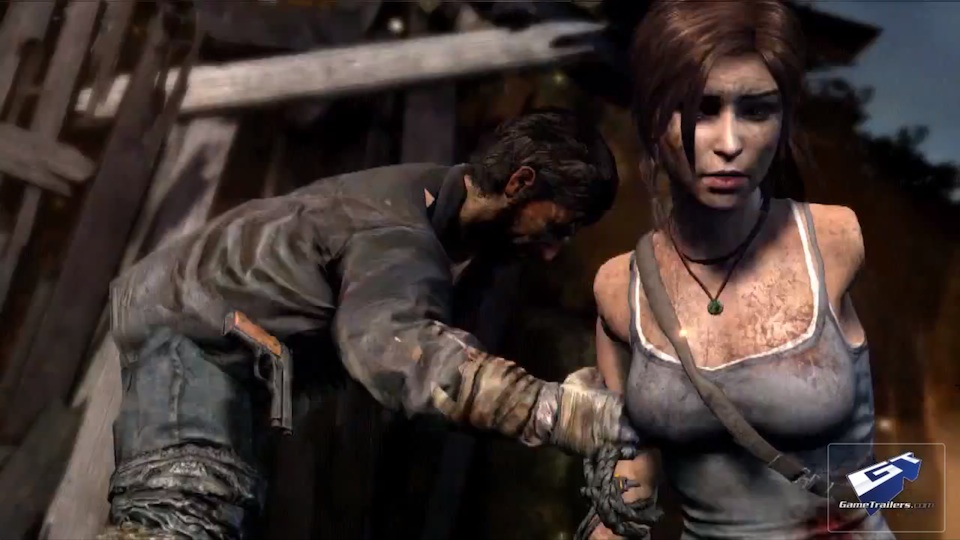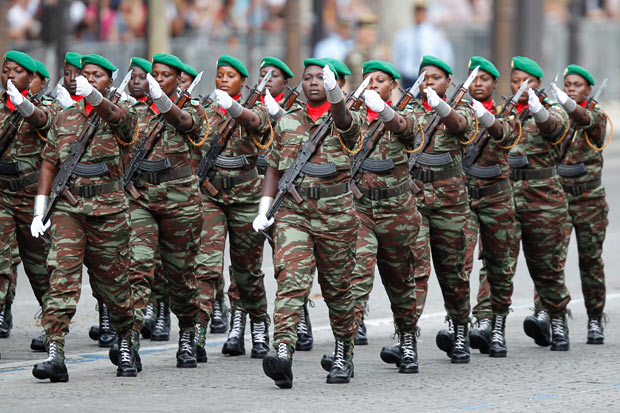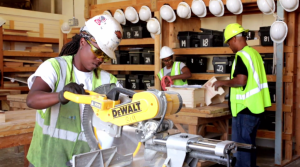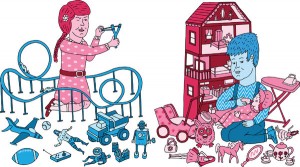by Kelvin Ng Jiawin, Change Maker
Note: This was a spoken word poem I recently penned; it deals with my experience with the concept of masculinity growing up, and my sense of alienation from traditionally masculine activities and spaces led me to my conviction in feminism. My belief in feminism stems from the fact that a lot of men, like me, are hurt and restricted by the patriarchy and traditional gender stereotypes. It should be acknowledged, however, that cisgender males still hold an immense amount of privilege, and while men are oppressed by the patriarchy, it is hardly equal in scale to the oppression women and trans people face.
 Grow a pair. Don’t cry. Be strong. Use force. Be a man.
Grow a pair. Don’t cry. Be strong. Use force. Be a man.
I was never one of the boys. I was always the sissy, the bapok, the chao ahgua, the niangniangqiang, the sei geilou, cornered as my male classmates discussed the EPL, the NBA, the NFL and a bunch of other three-letter acronyms I didn’t care for, as they threw slurs in two Chinese dialects, three regional variations of English, four of Singapore’s national languages.
I was always the work-in-progress, the interim, the blank canvas waiting for Men’s Health to superimpose Chris Hemsworth’s biceps and Zac Efron’s abs onto, for Maxim to quantify in numerical terms: muscle mass, bodily fat composition, penis size.
I was always the flaming homosexual, the gay propagandist, the one out to get your children, simply for being into theatre and fashion and cooking — because obviously Rodger and Hammerstein and Stephen Sondheim and Ralph Lauren and Gordon Ramsay don’t exist, and gosh, aren’t those for girls?
I was never allowed to express how I felt — emotion equals vulnerability, equals femininity. I was told to bury those emotions and hide them from plain sight, to confine myself to a psychological prison. Because if a man sheds a single tear, he is no longer that. He is feminised. He is less than.
But wait — feminism? But fem means female, so obviously they’re a bunch of man-hating misandrists who want to oppress men and taking away your rights and oh did I mention they hate men? Do you hate yourself?
It was ridiculous, really, how egregiously misunderstood feminism as an ideology is. But I found the language to articulate the hurt I felt, for deviating from established gender roles. I found the freedom to flip my finger to traditional gender systems. I found clarity, to realise how fucked-up it is that I should be expected to live up to arbitrary ideals, that I should be deemed inferior for even being different, that I should laugh in casual nonchalance and mask my ideology in the face of a sandwich joke just to fit in.
Feminism, really, isn’t about bringing down men; it’s about bringing down traditional masculinity. It’s about allowing us — men, women, or wherever we may fall on the gender spectrum, to live our lives beyond the narrow pigeonholes of our assigned gender. To choose.
I need feminism, because I love Sylvia Plath and sketching stilettos and knowing all the lyrics to Wicked and that shouldn’t be deemed as girly or frivolous or inane.
I need feminism, because I want my nephew to be able to play with his sister’s dollhouse and she, with his basketball without their mum going all up in arms about how boys should act like boys; I need feminism, because how biological are gender differences anyway, when society makes a big fuss over boys wearing skirts and playing with kitchen sets, and reinforces heteronormativity at every opportunity it gets?
I need feminism, because I long for the freedom to be able to relieve myself of the burden of failure — of failing to live up to a construct that arbitrarily categorises us into tidy, Mars-Venus boxes and denies us our common, earthly humanity; a construct so fragile that we have to shroud it with careful caveats: metrosexual, bromance, guyliner, manbag, no homo.
I need feminism, because I want to unlearn the hyper-masculine posturing, the internalised sexism, the entitlement, the mansplaining, and to be able to acknowledge half the world’s population as equals not just in name but in actuality.
I need feminism, because I want to laugh, to cry, to hug someone, to feel vulnerable, to care, and to feel the full spectrums of emotions I’m allowed to beyond paroxysms of rage and rancour.
I need feminism, because all the issues raised by meninism, or men’s rights activism — male violence, custody battles, alimony, national service — all stem from patriarchal mindsets.They all stem from our ingrained cultural connotations of violence, emotional indifference, toughness and hilariously inadept children that we’ve grown to associate with traditional masculinity.
I need feminism, because the very people angrily tweeting #NotAllMen are the ones who routinely sweep us under the carpet, who exclude us from traditionally masculine spaces, who ignore the existence of gay men, trans men and men of colour.
I need feminism, because with 3.5 billion men in the world, there isn’t possibly one way to be a man.
I need feminism, because I want us to stop celebrating masculinity, and start celebrating men, women, cisgender or transgender, for being who they are, and me for who I am.
 About the Author: Kelvin Ng is a debater by training and part-time poet. His biggest accomplishment is remembering all the lyrics to Beyonce’s ***Flawless — both the original one and the Nicki Minaj remix — so that must mean something.
About the Author: Kelvin Ng is a debater by training and part-time poet. His biggest accomplishment is remembering all the lyrics to Beyonce’s ***Flawless — both the original one and the Nicki Minaj remix — so that must mean something.




 As I got older, the gaming world grew as well. I started playing a few MMORPGs. In these games, I noticed that female characters always have great clothes, really big busts and just look really pretty. I remember spending a lot of time customising my character. Before I knew it, I started wishing that I could look like them. I even started altering my appearance, and buying accessories that looks like the character’s. Looking back, it was the first time I actually took notice of my own appearance and started being self-conscious. It affected me slightly, as I fought to attain the unachievable beauty of my character, spending hours in front of my computer screen and visualising myself looking like my character.
As I got older, the gaming world grew as well. I started playing a few MMORPGs. In these games, I noticed that female characters always have great clothes, really big busts and just look really pretty. I remember spending a lot of time customising my character. Before I knew it, I started wishing that I could look like them. I even started altering my appearance, and buying accessories that looks like the character’s. Looking back, it was the first time I actually took notice of my own appearance and started being self-conscious. It affected me slightly, as I fought to attain the unachievable beauty of my character, spending hours in front of my computer screen and visualising myself looking like my character.






 Transphobia is also reinforced by the underrepresentation of trans people. Rarely do we see trans people being adequately represented in governance, civil society or the media. This creates ignorance: people tend to form stereotypes of trans people from whatever little they are exposed to – my first exposure to the word “transgender” came in the form of a disparaging insult toward how another person looked. Trans identities are relegated to punchlines about vacations in Bangkok and deemed perverted or unnatural. It becomes easy to demonize entire groups of people you don’t know much about, but the fact remains that trans people do exist and they don’t just come in the form of shimmying drag queens (they can, and there’s nothing wrong with that!) – they lead human lives as do all of us.
Transphobia is also reinforced by the underrepresentation of trans people. Rarely do we see trans people being adequately represented in governance, civil society or the media. This creates ignorance: people tend to form stereotypes of trans people from whatever little they are exposed to – my first exposure to the word “transgender” came in the form of a disparaging insult toward how another person looked. Trans identities are relegated to punchlines about vacations in Bangkok and deemed perverted or unnatural. It becomes easy to demonize entire groups of people you don’t know much about, but the fact remains that trans people do exist and they don’t just come in the form of shimmying drag queens (they can, and there’s nothing wrong with that!) – they lead human lives as do all of us.

 Women in the Military
Women in the Military
 Stay At Home Fathers
Stay At Home Fathers




